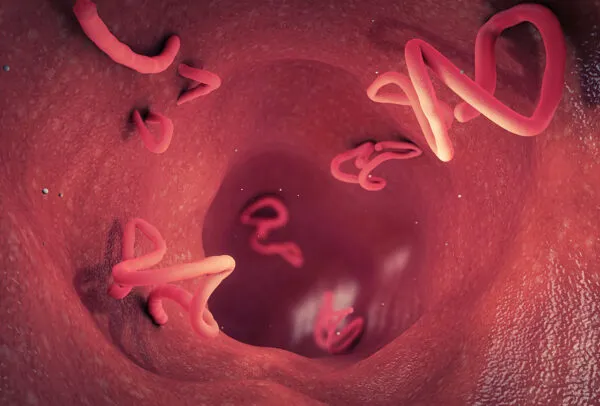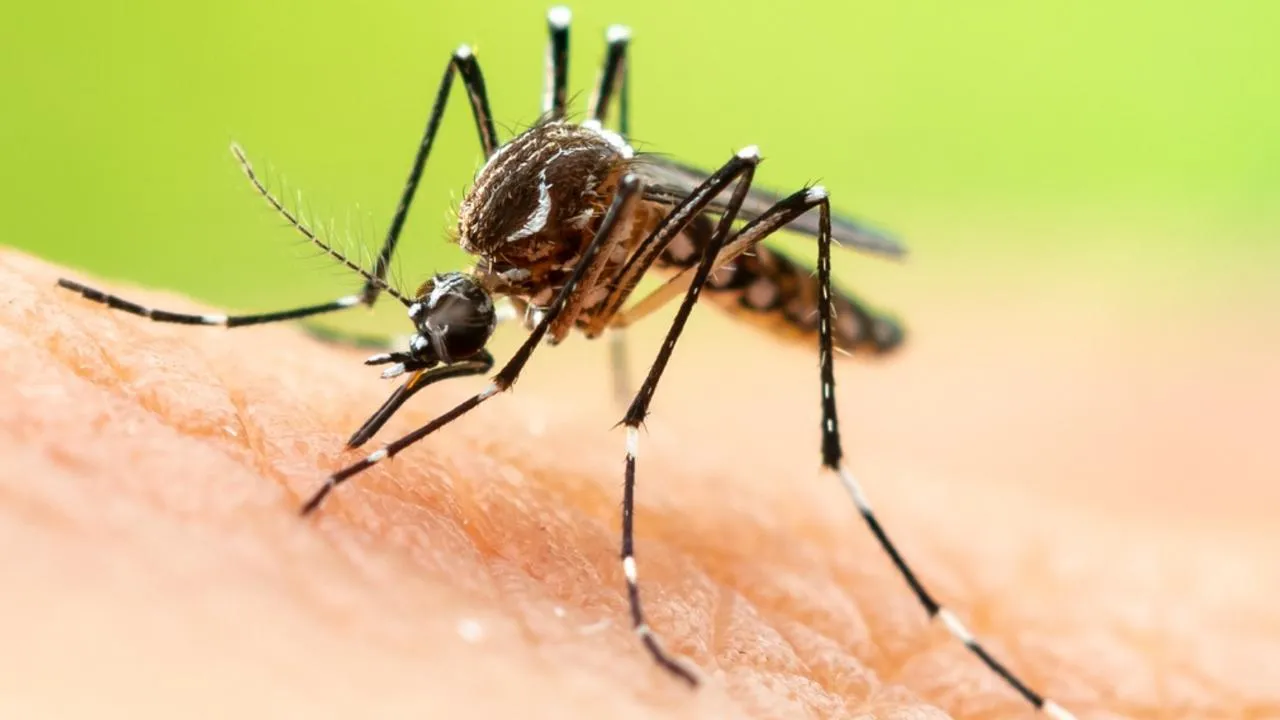The Covid-19 pandemic has had a significant impact on mental health. Results of a large scale survey conducted across India in 2020 suggested that about 28% were stressed due to fear of Covid-19 and health issues. About 27% of the respondents were stressed about their financial stability in that time period. Prior to that, in 2017, 197.3 million people had mental disorders in India, including 44.9 million with anxiety disorders. According to a survey conducted in India in May 2022, 50% of respondents aged 24 to 34 reported feeling more stressed or anxious in the previous 12 months. In the same survey, 28% of respondents in the 16 to 24 age group stated that they experienced the same level of stress and anxiety as before.
Combating stress and anxiety in routine life is important to decrease their impact on health and their effect on other diseases.
Food can play an important role along with lifestyle changes and other methods like yoga and meditation. High cortisol levels have been implicated in stress and anxiety. Foods that help to reduce cortisol levels are beneficial for such individuals.
Individuals can manage their anxiety symptoms through a diet rich in vegetables, fruits, and other healthy foods.
Eggs
Eggs are one of ideal food for stress.They are a rich source of vitamin D, proteins, and crucial chemical acetylcholine. Acetylcholine is a neurotransmitter that might improve your mood and the ability to manage stress
Cashews
They are a perfect snack and are also good for stress. Cashews are an excellent source of zinc. Zinc is an essential mineral that can help with anxiety symptoms. Additionally, zinc also plays a crucial role in brain functioning.
Milk
Milk is a potent source of vitamin D and other essential nutrients. Vitamin D has been linked with a reduced risk of panic and anxiety symptoms in people.
Yogurt
Yogurt contains the healthy bacteria lactobacillus and bifidobacteria. Emerging evidence suggests that these bacteria and fermented products have positive effects on brain health.
Garlic
Garlic is rich in antioxidants and a compound called glutathione. Glutathione is our body’s first line of defence against harmful stress. Therefore, regularly adding garlic can reduce your stress and anxiety.
Dark chocolate
Eating dark chocolate might lower your cortisol levels. Antioxidants present in dark chocolate can reduce stress by lowering levels of cortisol as well as catecholamines. Chocolate has a high content of tryptophan, which the body uses to turn into mood-enhancing neurotransmitters such as serotonin in the brain. Dark chocolate is also a good source of magnesium. Eating a diet with enough magnesium in it or taking supplements symptoms of stress and anxiety. Dark chocolate, which has higher amounts of cocoa in it and thus greater amounts of beneficial antioxidants.
Omega-3s
Omega-3-rich foods contain either alpha-linolenic acid (ALA) or two essential fatty acids. eicosapentaenoic acid (EPA) and docosahexaenoic acid (DHA). EPA and DHA regulate neurotransmitters, reduce inflammation, and promote healthy brain function.chia seeds, which are a good source of omega-3s.
Pumpkin seeds
Pumpkin seeds are an excellent source of potassium, which helps regulate electrolyte balance and manage blood pressure. A study found that lower potassium and magnesium levels were associated with high levels of cortisol. Eating potassium-rich foods, such as pumpkin seeds and bananas, may help reduce symptoms of stress and anxiety.
Turmeric
Turmeric is commonly used in Indian and cooking. The active ingredient in turmeric, called curcumin, may help lower anxiety by reducing inflammation and oxidative stress that often increase in people with mood disorders such as anxiety and depression.
Beans and Legumes
Chickpeas, lentils, beans, and legumes also provide antioxidants, vitamin B6, and magnesium.
Foods to avoid
Some foods raise cortisol levels. Foods that cause stress on your body include:
l Alcohol.
l Caffeine.
l High-sugar foods.
l Simple carbs, such as cakes and pastries.
l Soda
Dr Anish Desai is MD, Clinical Pharmacologist and Nutraceutical Physician, Founder and CEO IntelliMed Healthcare Solutions.



















